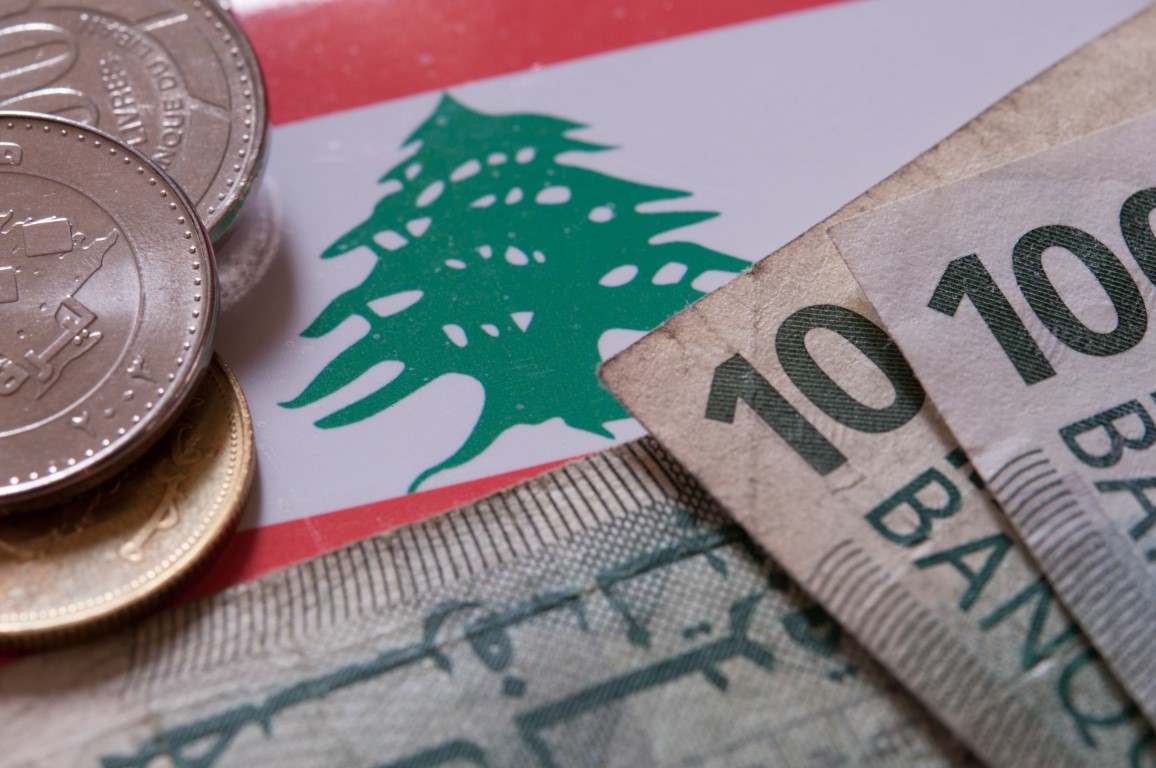
By By Tony Akleh — arabianbusiness.com — The Lebanese pound continues to be ranked as the most undervalued currency in the world, according to new research. An analysis by Arabian Business based on the Big Mac Index published by The Economist shows that a Big Mac costs 68.7 percent less in Lebanon (LBP15,500 or $1.70) against $5.66 in the United States in January. The implied exchange rate is 2,738.52. The difference between this and the actual exchange rate, 8,750.00, suggests the Lebanese pound is 68.7 percent undervalued, that means Lebanon has the cheapest Big Macs in the world.
The second most undervalued currency is the Russian rouble at 68 percent followed by the Turkish Lira at 64.5 percent. The Big Mac Index for January, which tracks 55 currencies, ranked the Swiss Franc (+28.8 percent overvalued), Swedish Krona (+12.6 percent) and Norwegian Krona (+7.5 percent) as the most overvalued currencies. The rate LBP/$8,750 as of Thursday means the currency has lost 83 percent of its value in the past year since banks began restricting withdrawals of dollars. Lebanon has pegged the value of its currency to the dollar at the rate of LBP1,507 for the past three decades, and the government still officially maintains the level even as the pound collapses and banks halt all dollar withdrawals, except for what are called “fresh” transfers of dollars from overseas. Lebanon’s central bank governor Riad Salameh announced last week that the era of the dollar peg was finished but added that the country’s currency will not be floated unless an agreement with the International Monetary Fund was reached. The admission of the currency peg’s demise was a first from the central bank governor, who has spent years upholding the rate that crashed in 2020.
Salameh said floating the currency would have to be accompanied by many other reforms including budget deficit reduction and negotiations with creditors after the country’s default. he pressures on the Lebanese pound have intensified amid plans to reduce subsidies which allow Lebanese to buy basic products at a rate of LBP/$1,515. The Big Mac index was launched by the Economist in 1986 as a guide to whether currencies are at their “correct” level. It is based on the theory of purchasing-power parity (PPP), the notion that in the long run exchange rates should move towards the rate that would equalise the prices of an identical basket of goods and services (in this case, a burger) in any two countries. If a nation’s currency is “undervalued” it means the rate at which it can be exchanged for other world currencies is too low.
A currency may be undervalued simply because there is insufficient demand for it. If no one wants to buy the Lebanese pound, then the pound will probably be undervalued no matter how healthy Lebanon’s economy is. If the Lebanese pound is undervalued in relation to the dollar, then Lebanese-made products are cheaper in the US. An undervalued pound thus boosts Lebanese exports, while at the same time making US-made goods more expensive in Lebanon. In Lebanon, the collapse of the currency in the parallel market and the associated surge in inflation fuelled a highly unstable economy throughout last year.



